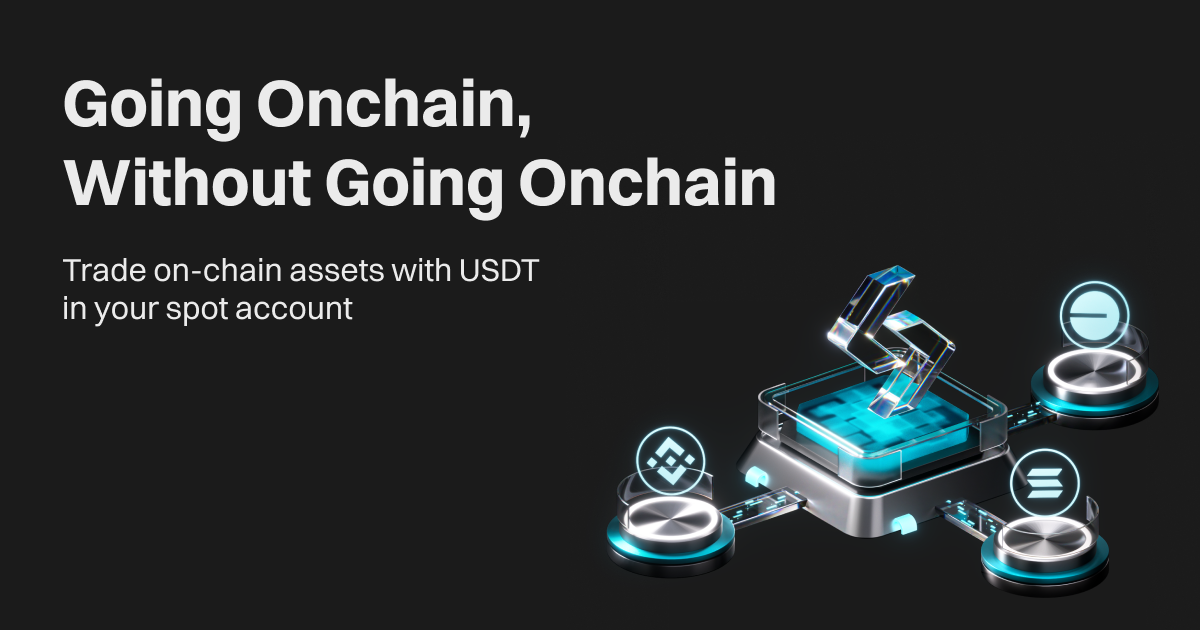Rewards and Fees structure of Leading Liquid Staked ETH issuers
Liquid staking has emerged as a popular solution for Ethereum holders, offering the opportunity to stake their ETH while maintaining liquidity. We’ll explore several prominent liquid staked ETH issuers and provide insights into their respective fee structures. Different platforms will be covered, each contributing to the growth of liquid staking in the Ethereum ecosystem.
-
Lido:
Lido allows users to stake their ETH and receive stETH tokens in return. These stETH tokens represent users staked ETH and can be freely traded and utilized across various DeFi applications. Users receive rewards for staking their ETH, we’ve covered staking rewards more in depth in a previous blog post , these rewards are pooled together and redistributed to stETH holders. In return for providing these services, a fee is charged by Lido on the staking rewards to cover operational costs. At the moment, Lido's fee for liquid staking rewards is 10% annually , with a 50:50 split between operators and the treasury.
Current fee: 10% Current yield: 4.00% -
Frax:
Frax is an algorithmic stablecoin protocol that has expanded into liquid staking, providing its users access to liquid staked ethereum with its Frax Ether offering. Frax implements a two token model where users stake their ETH and receive frxETH tokens in return, representing the users stake in the protocol. sfrxETH is designed to accrue the staking yield of the Frax ETH validators. When validators generate staking yield, a corresponding quantity of frxETH is minted and sent to the sfrxETH contract. This means that after rewards are synced, sfrxETH can be redeemed for more frxETH than it took to mint.Frax charges a 10% fee on staking rewards , with a specific repartition of 8% to Frax Protocol treasury in the form of frxETH and 2% goes into a fund to cover potential slashing events/unforeseen penalties. This structure might changed once frxETH can support independently run validators in v2.
Current fee: 10% Current yield: 4.94% -
Coinbase:
Coinbase, a prominent cryptocurrency exchange, has introduced liquid staking services to its users. Coinbase allows ETH holders to stake their assets directly on the platform to get cbETH and receive staking rewards. Users will be able to collect their accrued rewards upon redemption. A variable conversation rate takes into consideration staking/unstaking activity, prizes, fines, and fees, the rate updating daily.Coinbase takes a commission based on the rewards you receive from your staked ETH, which is 25% at the moment .
Current fee: 25% Current yield: 3.30% -
Binance:
Binance, the largest cryptocurrency exchanges, has recently launched its own liquid staking service providing its large user base access to staking on Ethereum through Binance Staking.ETH rewards are distributed daily based on a user's BETH holdings. The ETH redemption amount is based on a user's BETH holdings at time of redemption instead of their initial staked assets.To offset its operating cost, Binance's liquid staking services applies a 5% fee on staking rewards .
Current fee: 5% Current yield: 4.45% -
Rocket Pool:
Rocket Pool is a decentralized staking platform that aims to provide a secure and decentralized infrastructure for Ethereum staking. It allows users to deposit their ETH into the Rocket Pool network, which then distributes the ETH to multiple validators. rETH represents both how much ETH is deposited, and when it is deposited. The ratio includes rewards that Rocket Pool node operators earn from: the Beacon Chain itself, priority fees from block proposals and MEV rewards from block proposals. As these rewards will constantly accumulate, the respective value of rETH will continue to increase relative to ETH.With the introduction of the new minipool, there is now a 14% commission on rewards .
Current fee: 14% Current yield: 3.22% -
Swell:
Swell is a liquid staking solution that enables Ethereum holders to stake their ETH and receive swETH tokens. These tokens represent a user's stake in the Ethereum blockchain including any rewards and penalties accrued from the consensus layer, and MEV and ‘tips’ from the execution layer. Rewards from the Consensus layer stay locked and will continue to accumulate, and rewards from the Execution layer will be restaked to efficiently compound rewards back into the staking. The value accrual will be accurately represented as the value of swETH will contine to increase relative to ETH.During the temporary launch promotional campaign Swell has a 0% commission fee policy .
Current fee: 0% Current yield: 5.00% -
Ankr:
Ankr, a blockchain infrastructure provider, is among the more established issuers of liquid staked ETH. ankrETH is issued as a “reward-bearing token”, meaning that the value of the asset remains constant from the time it is staked. Compared to other offerings, the value of ankrETH increases relative to ETH. During redemption the price of 1 ankrETH will increase over time as rewards accumulate. ankrETH rebases daily as rewards accumulate. Ankr's liquid staking serviceAnkr charges a 10% technical service fee for Liquid Staking , deducted from the staking rewards. Current fee: 10% Current yield: 3.84%

Liquid staking has opened new avenues for ETH holders to stake their assets while maintaining liquidity. These issuers are among the prominent platforms offering liquid staked ETH services, but not the only ones.Each platform has its fee structure, enabling users to make informed decisions based on their preferences. As fee structures may evolve over time, it's important to stay up-to-date on information regarding it.
Disclaimer: The content of this article solely reflects the author's opinion and does not represent the platform in any capacity. This article is not intended to serve as a reference for making investment decisions.
You may also like
Bitget Onchain — Going Onchain, Without Going Onchain


Up to 50% BGB rebates: Deposit & buy crypto with VND today!
Hang Seng Index falls below 20,000 points
